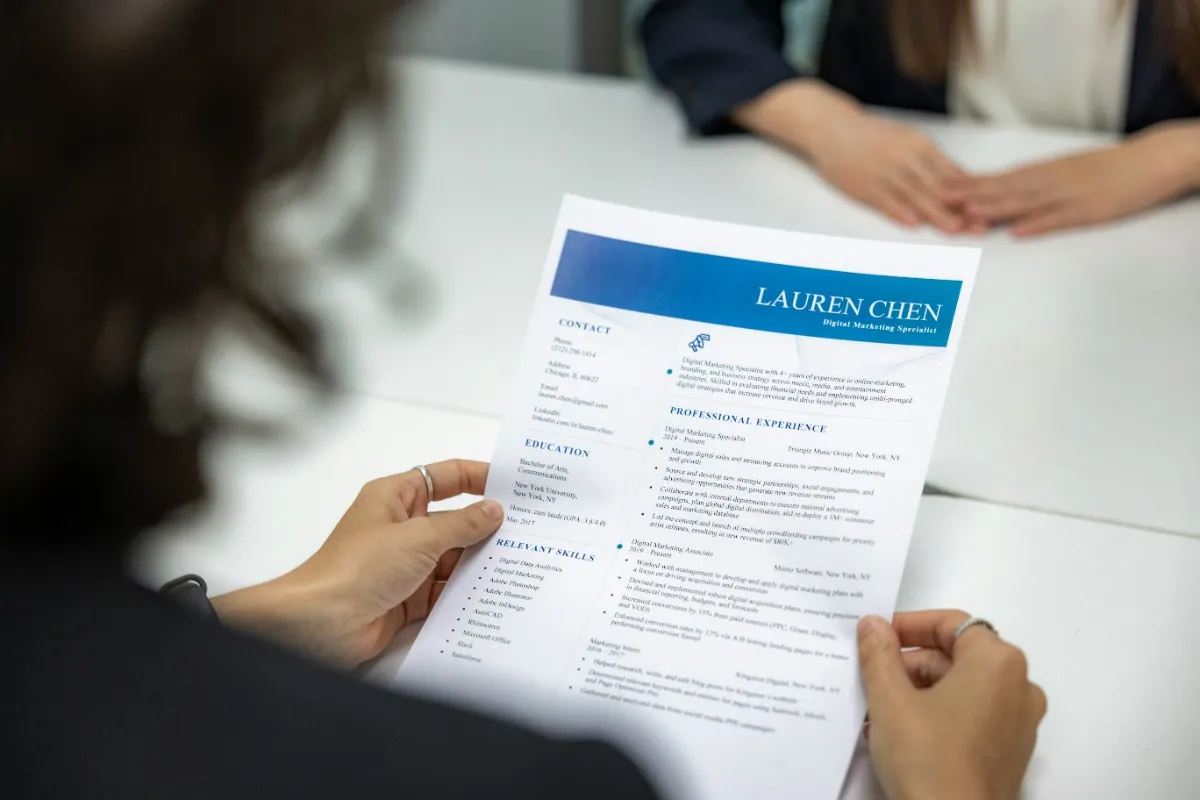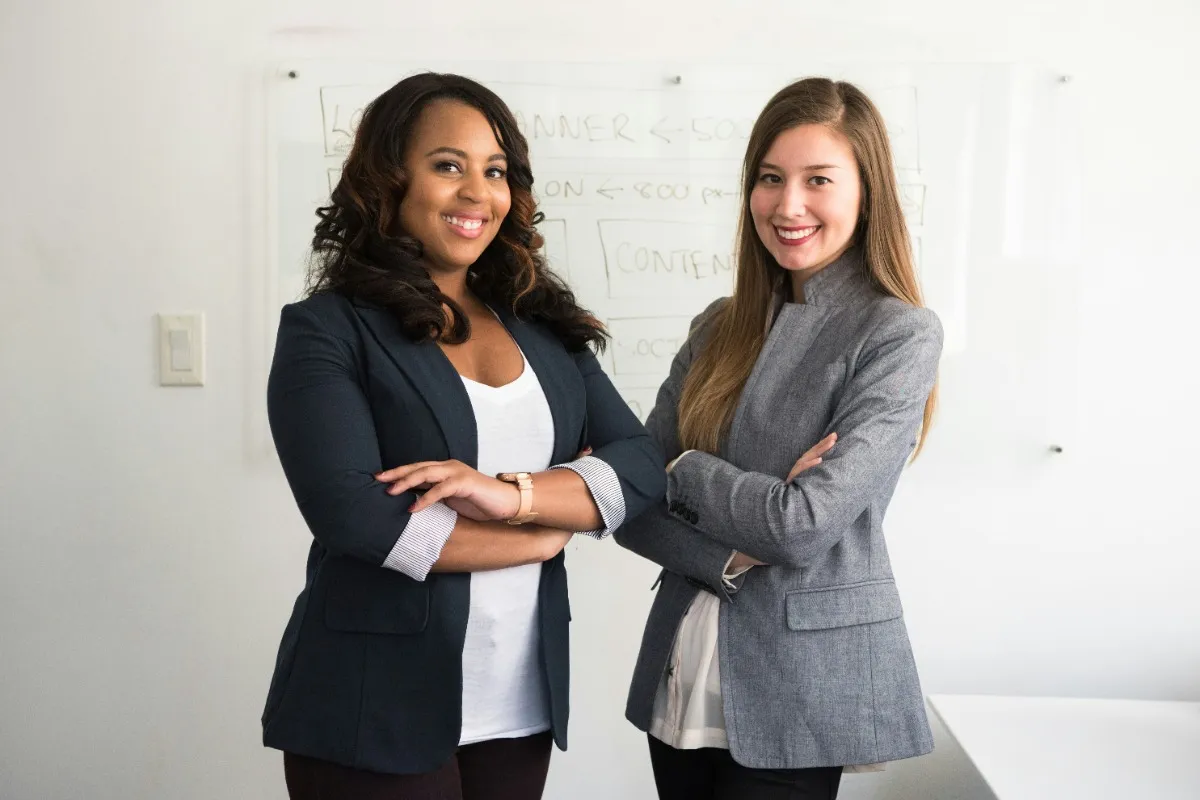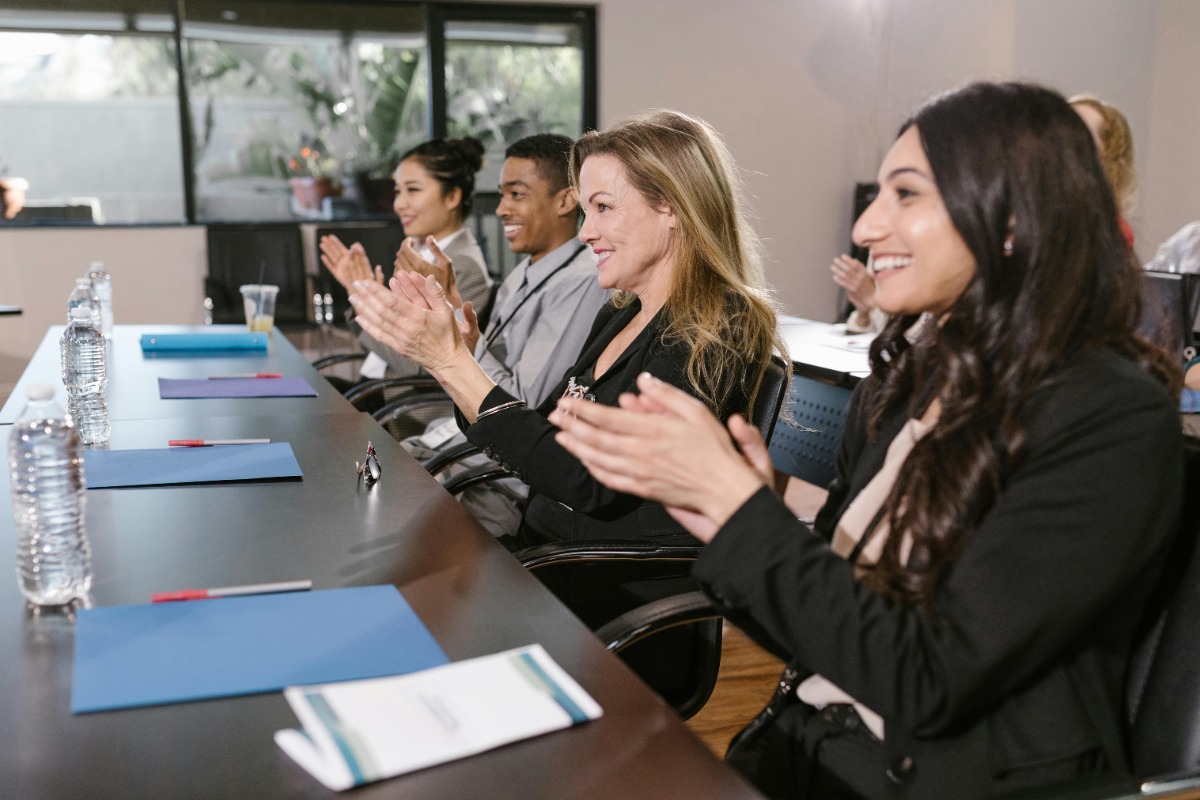Why Most #Eventprofs Have ADHD/ADD and Why It's a Good Thing
Skift Take
This is a guest post by Michelle Bergstein. Also known as the Event Marketing Maven, Michelle lives, eats and breathes marketing for the hospitality, event and meeting industries. You can find her on Twitter or online at BeatCreative
For those creative types out there, and I know most of the event industry is, we find ourselves with so many ideas fluttering around our heads. We lie awake late at night (heck I can't sleep, as I write this at 1am) with our minds still processing, noting new thoughts, inspired by all the information overload, that we can't seem to shut off. As a marketer working inside this amazing industry of events, many of my clients can't seem to slow down. My specialty of sharing that same mindset has allowed me to help reel them in and produce extraordinary collateral. Putting their vision into words and marketing it into something tangible is truly a gift I proudly posses.
Recently, my 5-year old son, a budding kindergartener, was officially diagnosed with ADHD. It's been said that it’s a genetic thing. I wonder if the apple doesn’t fall far from the tree? My child is scrutinized in school and there is a never-ending daily tally running of his redirects. Those redirects include: not focusing, talking off-subject, and being overly hyper and excited, which are all viewed as a bad thing. In our industry, we celebrate creativity, passion, and excitement. Great minds can see so much as to what is going on, so yes it is hard to focus.
I do question today's school system - they are overwhelmed, they want everything easy, and if there is a problem, or they have to work harder, the easy answer is medication. They want to stifle the creativity, and conform to strict learning parameters in order to meet state standards. When did we lose our path and here's why we shouldn't stifle creativity:
A parallel of ADHD symptoms opposed to the creativity it yields proves an interesting comparison to most of our industry's most talented creative practices:
The Symptom:
Kids with ADD/ADHD can never pay attention.
Children with ADD/ADHD are often able to concentrate on activities they enjoy. Though, no matter how hard they try, they have trouble maintaining focus when the task at hand is boring or repetitive.
The EventProfs-plaination:
Just like kids, we rather work on projects we enjoy. We all get bored easily and we are distracted by shiny things, but our trade helps make typical boring activities fun!
The Symptom:
Impulsive Behavior Hyperactivity Symptoms:
Being always on the go, often talking excessively frequent shifts in conversation, not listening to others, not keeping one's mind on conversations, and not following details or rules of activities in social situations.
The EventProfs-plaination:
BRAINSTORMING: the most profane and ingenious ideas are hatched when our minds go from one thought to the next.
NETWORKING: A staple and must in our industry and to eloquently engage in conversations to one colleague or even potential client to the next. Shift in conversations are essential to keep it interesting as well as mastering how to exit a conversation appropriately.
The Symptom:
Forgetfulness in daily activities (for example, missing appointments, forgetting to bring lunch).
The EventProfs-plaination:
TECHNOLOGY: is our friend, our savior and serves as our reminder and assistant. Our memories juggling all the responsibilities we face become spotty at best, we need a helpful boost more frequently than less!
The Symptom:
Frequent shifts from one uncompleted activity to another.
The EventProfs-plaination:
To perfect things, you have to shift. There's always an incomplete draft that helps our work evolve into greatness and we continue to build upon it until complete as it is always seems to get better upon each event.
The Symptom:
Procrastination.
The EventProfs-plaination:
We work so well under pressure and we’re faced with all the time. How is this a bad thing? Some of us produce the best at the last minute!
In Conclusion
To reference @JoanEisenstodt and her great advocacy of implementing elementary learning principles at meetings. There is a notable shift in program development trends for meetings and events, all diverting back to the fundamentals of elementary school class learning. Yet not emulating the practices of public elementary schools of today.
When I was growing up, we had no homework in kindergarten. We socialized, experimented with many artistic, crafts, and creative hand-eye orientated activities. Those days are long gone, but the principles are successful. Everyone learns differently, and I believe my child, just like many of us, learns differently.
Learning by hands-on exploration is the way of the past and should be of the present and future, we need to let our minds be creative. I hope it evolves back to the way it once was. We turned out pretty darn good, didn't we?




